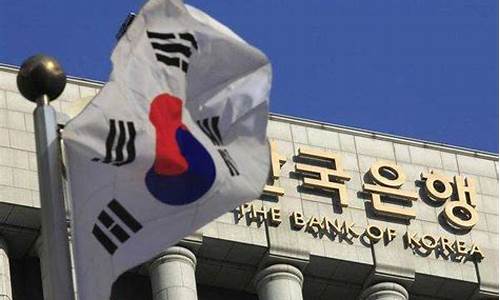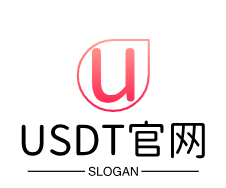
Title: Understanding the Digital Currency Exchanged by South Korea's Central Bank
Digital currency has become an increasingly popular form of payment in recent years, with more and more people using it to conduct transactions online. One of the countries leading the charge in digital currency adoption is South Korea, which recently launched its own central bank-backed digital currency known as the KRW-cryptocurrency. In this article, we will explore what digital currency is, how it works, and what the South Korean Central Bank's KRW-cryptocurrency offers its customers.
1. What is Digital Currency?
Digital currency is a type of virtual or electronic currency that uses cryptography to secure and verify transactions. Unlike traditional currencies such as dollars or euros, digital currencies are not backed by any physical commodity like gold or silver. Instead, they are based on complex mathematical algorithms that allow for secure and transparent transactions without the need for intermediaries.
1. How Does Digital Currency Work?
Digital currency operates on a decentralized network that allows for peer-to-peer transactions without the need for intermediaries. Transactions are recorded on public ledgers called blockchains, which are virtually tamper-proof and transparent. Each block in the blockchain contains a record of all transactions that have taken place on the network, making it nearly impossible to alter or manipulate the data.
1. What Does the South Korean Central Bank's KRW-cryptocurrency Offer?
The South Korean Central Bank's KRW-cryptocurrency is a digital currency that is issued and managed by the South Korean government. It is designed to be used primarily for domestic transactions, such as paying for groceries or transportation, and is intended to complement the country's existing financial system. The KRW-cryptocurrency offers several benefits to its customers, including low fees, fast transaction times, and advanced security features.
One of the key advantages of using the KRW-cryptocurrency is its low fees. Compared to traditional banks and financial institutions, digital currency exchanges tend to charge lower fees for buying and selling digital currencies. This makes it easier and more affordable for individuals and businesses to invest in digital currencies and take advantage of their potential benefits.
Another advantage of using the KRW-cryptocurrency is its fast transaction times. Transactions on the KRW-cryptocurrency are processed almost instantly, allowing users to quickly and easily make purchases and sales without waiting long periods for processing times. Additionally, the KRW-cryptocurrency offers advanced security features such as two-factor authentication and encryption, ensuring that users' digital assets are protected from theft or fraud.
Conclusion
In conclusion, digital currency is a powerful tool that has the potential to revolutionize the way we conduct transactions online. The South Korean Central Bank's KRW-cryptocurrency is a promising example of how governments can issue and manage their own digital currencies to complement existing financial systems. As we continue to see increasing adoption of digital currencies, it is likely that we will see even more innovative solutions emerge in this space.


 发布于 2024-11-02
发布于 2024-11-02
